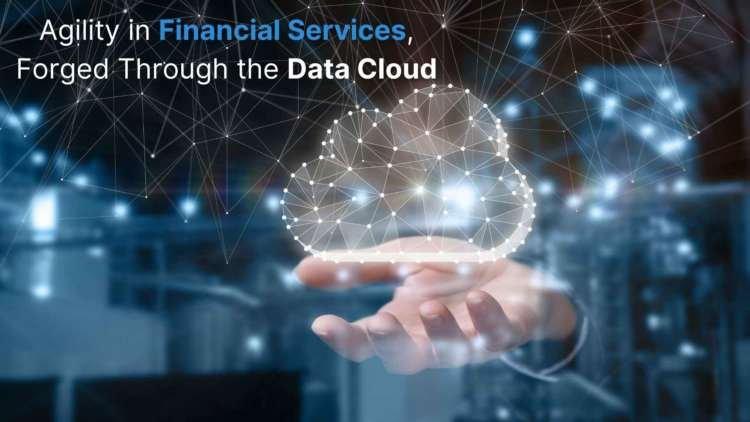Technology
Agility in Financial Services, Forged Through the Data Cloud
Published by linker 5
Posted on April 8, 2021
1 min readLast updated: January 21, 2026

Published by linker 5
Posted on April 8, 2021
1 min readLast updated: January 21, 2026

Explore more articles in the Technology category











